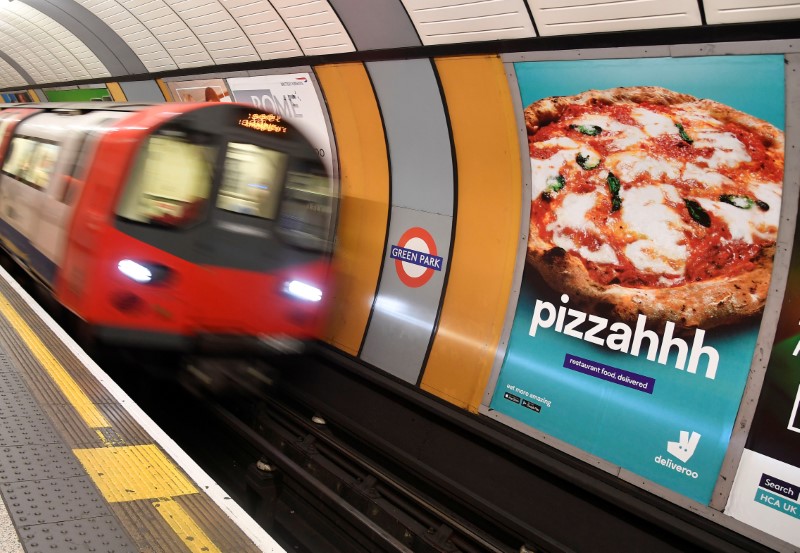Investing.com - Activity in the U.K. service sector contracted for the first time in nearly three years last month as Brexit uncertainty hit the broader economy, threatening stagnation in the first quarter.
Research firm IHS Markit said its services purchasing managers’ index fell to 48.9 in March. That was its lowest reading since July 2016 and below the 50 point level that divides expansion from contraction.
“A drop in service sector activity indicates that U.K. GDP contracted in March, with the economy stalling over the first quarter as a whole and at risk of sliding into a deepening downturn in the coming months,” IHS Markit chief economist Chris Williamson said in the report.
The report indicated that companies had opted to delay spending decisions due to intense political uncertainty, while some responses showed that Brexit-related worries about the economic outlook had also held back household spending.
Data released earlier this week showed that construction activity contracted for a second consecutive month as a lack of clarity on Brexit deterred investment decisions.
Manufacturing activity rose to a 13-month high in March, but economists warned the rebound was due to stockpiling ahead of expected Brexit-related disruptions.
“A stalling of the economy in the first quarter will therefore likely turn into a downturn in the second quarter unless demand revives suddenly which, given the recent escalation of Brexit uncertainty, seems highly improbable,” Williamson said.
He added that the current consensus forecast of 1.3% growth in the U.K. for 2019 was “far too optimistic. IHS Markit currently expects to see just 0.8% growth in 2019, and even this modest performance is perhaps somewhat hopeful given the recent lack of any Brexit developments,” he concluded.
Others, however disagreed.
"Don't forget the PMIs only cover sectors accounting for 70% of GDP (retail, government and non-manufacturing sectors are excluded), and tend to be too downbeat during periods of high political uncertainty," Samuel Tombs, chief U.K. economist at Pantheon Macroeconomics, said via Twitter. The U.K. economy "undoubtedly is struggling, but GDP growth likely didn't slow to zero in Q1," he added.
.
The U.K. had originally been due to leave the EU on March 29, but the deadline was pushed back to April 12 to allow parliament more time to approve the withdrawal agreement negotiated by Prime Minister Theresa May's government.
After that bill failed to receive approval, May said late Tuesday that she would ask the EU for an additional extension. May stressed the extension would be “as short as possible”, likely before May 22, to avoid the U.K. having to participate in European parliamentary elections.
Late on Tuesday, May offered bipartisan talks with the leader of opposition, Jeremy Corbyn, to break the Brexit logjam.
